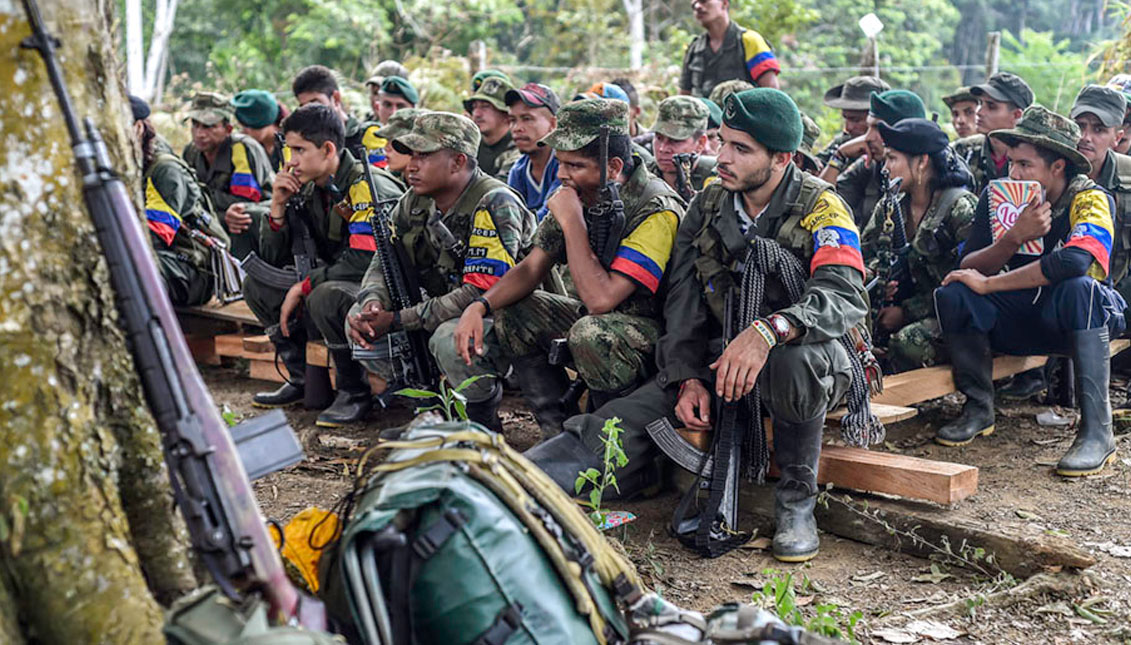
These are the former "green" FARC guerrillas protecting the jungle
For more than half a century, the FARC fought a war. Now its 14,000 ex-combatants are fighting a very different one.
Who knows the Colombian jungle better than someone who has taken refuge there for over 50 years? When the Revolutionary Armed Forces of Colombia (FARC) signed a peace agreement with the government in 2016, the question arose as to how its 14,000 former guerrillas could be recycled in times of conflict.
A Colombian geneticist and conservationist from the University of Sydney, Jaime Góngora, saw clearly that men and women who had fought hard against social inequalities in the remotest parts of the jungle could now work for another cause, the preservation of his country's biodiversity.
According to Science, the Colombian jungles and forests are among the most bio-diverse on the planet, but until now, scientists had not been able to study them in depth because of the war. However, since the peace treaty they have discovered more than 100 new species in the previously-dangerous territory, and have done much more than that, working side by side with the former paramilitary soldiers.
RELATED CONTENT
The initiative began in 2017 thanks to a multidisciplinary team of British and Australian researchers and a dozen institutions in Colombia. Since then, scientists have been traveling regularly to the country to conduct training workshops for these new guardians of the jungle who, since the outbreak of the COVID pandemic, have continued virtually.
The programs are called "Peace with Nature" and seek, according to Góngora, "to empower these ex-combatants with citizen science skills" so that they can conduct biodiversity inventories, as well as help and advise them in creating ecotourism and sustainability businesses.
The benefit, says the scientist, is mutual, since these men know the forest inch-by-inch, so they are a great source of information:
"They shared with us their traditional knowledge, how they live in the jungle, what medicinal plants they use and the jungle foods they consume. Along with this, they explained to us the ecological aspect embedded in their stories," he said.
"In some of the workshops, we have the presence of the police and military forces along with the ex-combatants. I think what has surprised me most is the opportunity that biodiversity offers for reconciliation and healing after armed conflict," adds Góngora. "Ex-combatants and soldiers fought each other some years ago, and now they work together and learn together, it is biodiversity in all its forms.











LEAVE A COMMENT:
Join the discussion! Leave a comment.